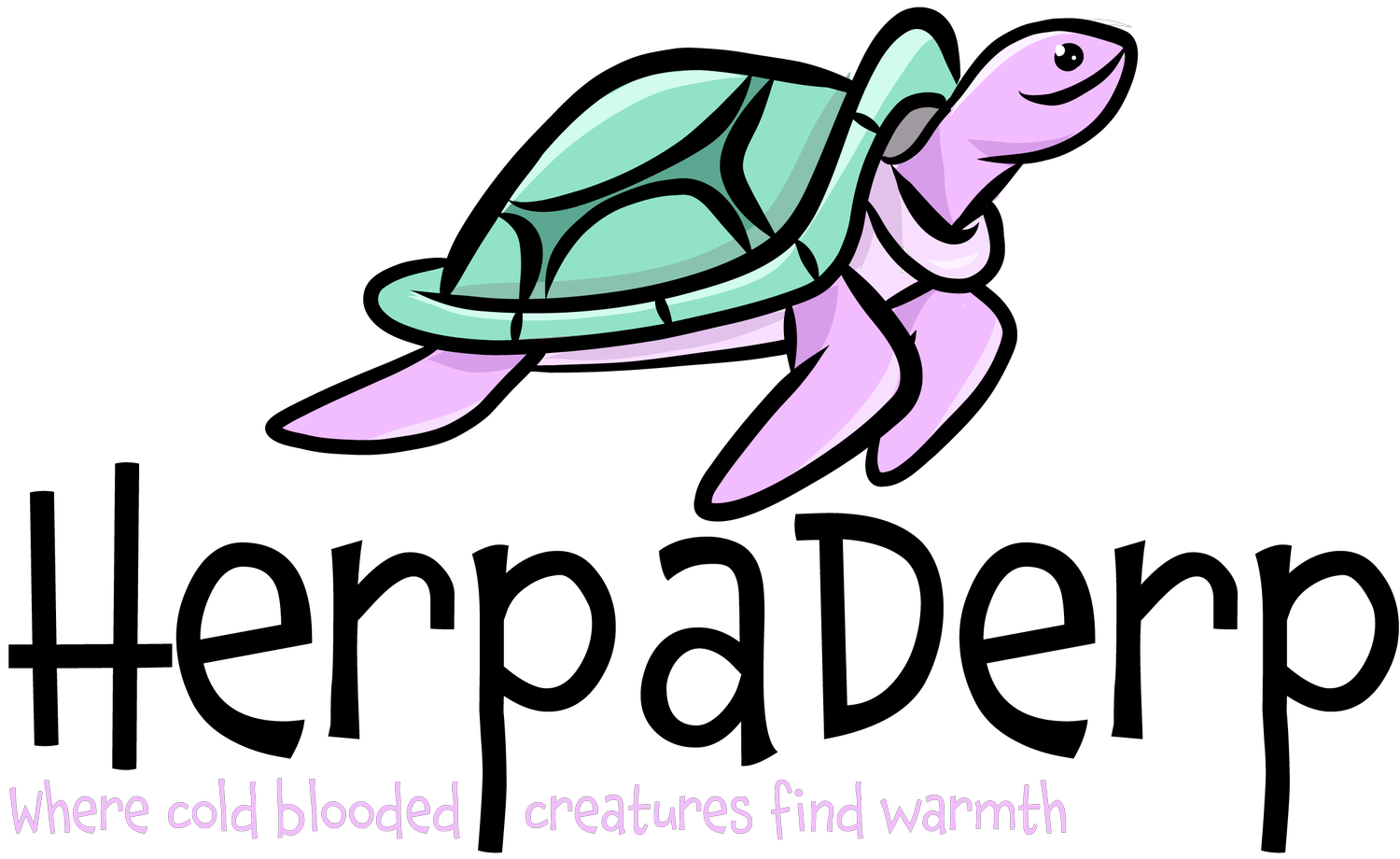Ball Pythons are popular pet snakes that are relatively easy to care for. They are native to West and Central Africa and can live for over 20 years in captivity. Here is a care guide for ball pythons:
Enclosure: Ball Pythons need a large and secure enclosure that mimics their natural habitat. A glass or plastic enclosure with a secure lid is ideal. The enclosure should be at least 3 feet long, 2 feet wide, and 1.5 feet tall for an adult ball python. Provide hiding spots, such as a half log or a hide box, on both the warm and cool sides of the enclosure.
Temperature: Ball Pythons are cold-blooded reptiles and need a temperature gradient in their enclosure. Provide a basking spot on one side of the enclosure with a temperature of 88-92°F, and a cool spot on the other side with a temperature of 75-80°F. Use an under-tank heating pad or a ceramic heat emitter to maintain the temperature, and use a thermometer to monitor it.
Humidity: Ball Pythons need a humidity level of 50-60% in their enclosure. Use a substrate that can hold moisture, such as coconut fiber or sphagnum moss, and mist the enclosure regularly to maintain the humidity level. Provide a water bowl that is large enough for the snake to soak in.
Feeding: Ball Pythons are carnivores and eat small mammals such as mice and rats. Feed your ball python appropriately sized prey once a week, with juveniles eating smaller prey and adults eating larger prey. Do not handle your ball python for 48 hours after feeding.
Water: Provide fresh water in a large enough bowl for your ball python to soak in. Change the water daily, and clean the bowl regularly to prevent bacterial growth.
Metabolic Bone Disease: Ball Pythons are susceptible to metabolic bone disease (MBD), which can result from a lack of calcium or vitamin D3 in their diet. Provide a diet of appropriately sized prey that has been dusted with a calcium and vitamin D3 supplement.
Other Common Health Issues: Ball Pythons can suffer from respiratory infections, mites, and other health issues. Monitor your snake for signs of illness, such as wheezing, bubbling nostrils, or lethargy. Seek veterinary care if you suspect your ball python is ill.
Sociability and Handleability: Ball Pythons are generally docile and tolerate handling well. However, like all snakes, they can become stressed if handled too much or too roughly. Handle your ball python gently and avoid handling it during shedding or after feeding.
For a More In-depth Guide and recommended Shopping list: Click here
